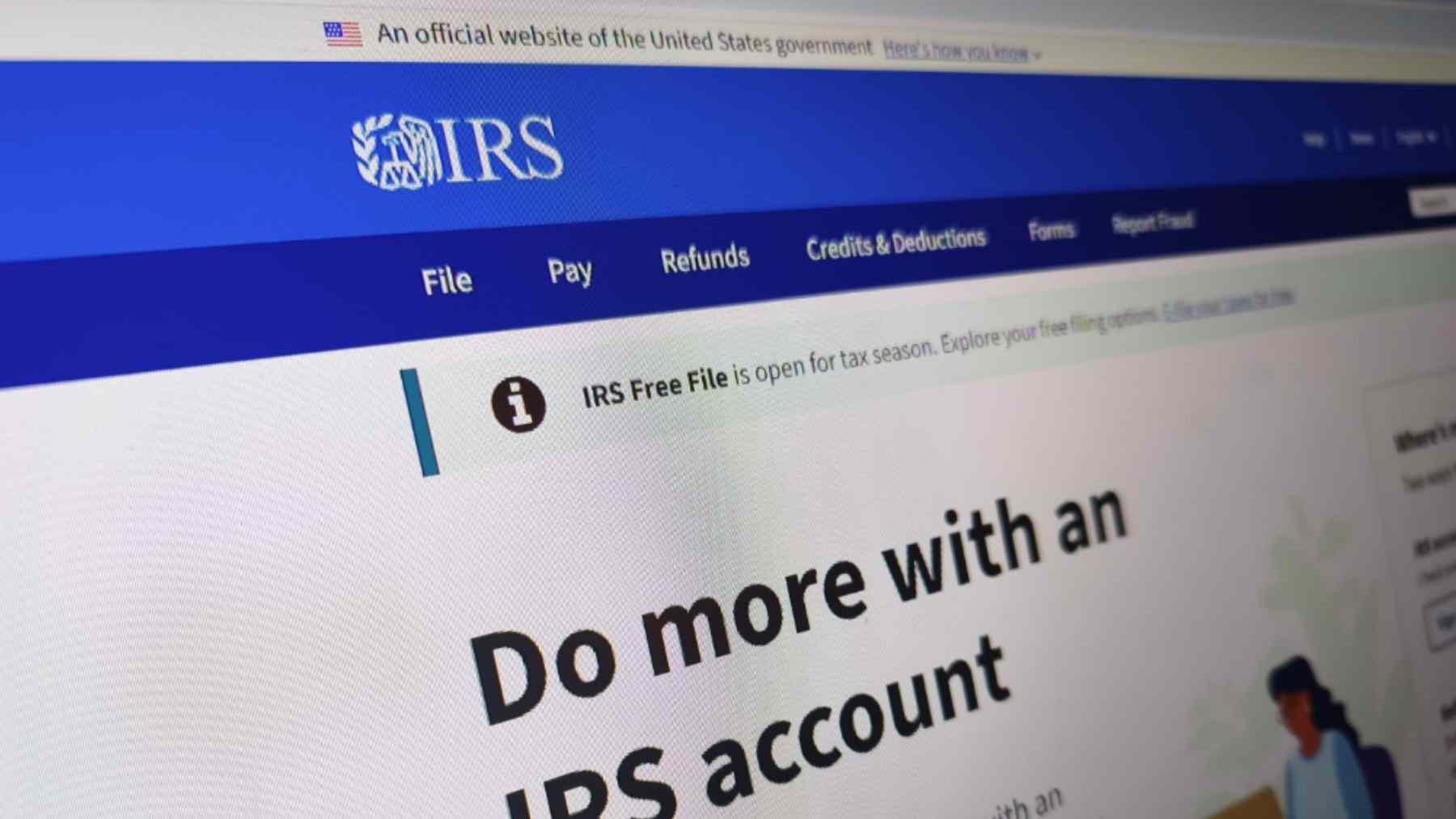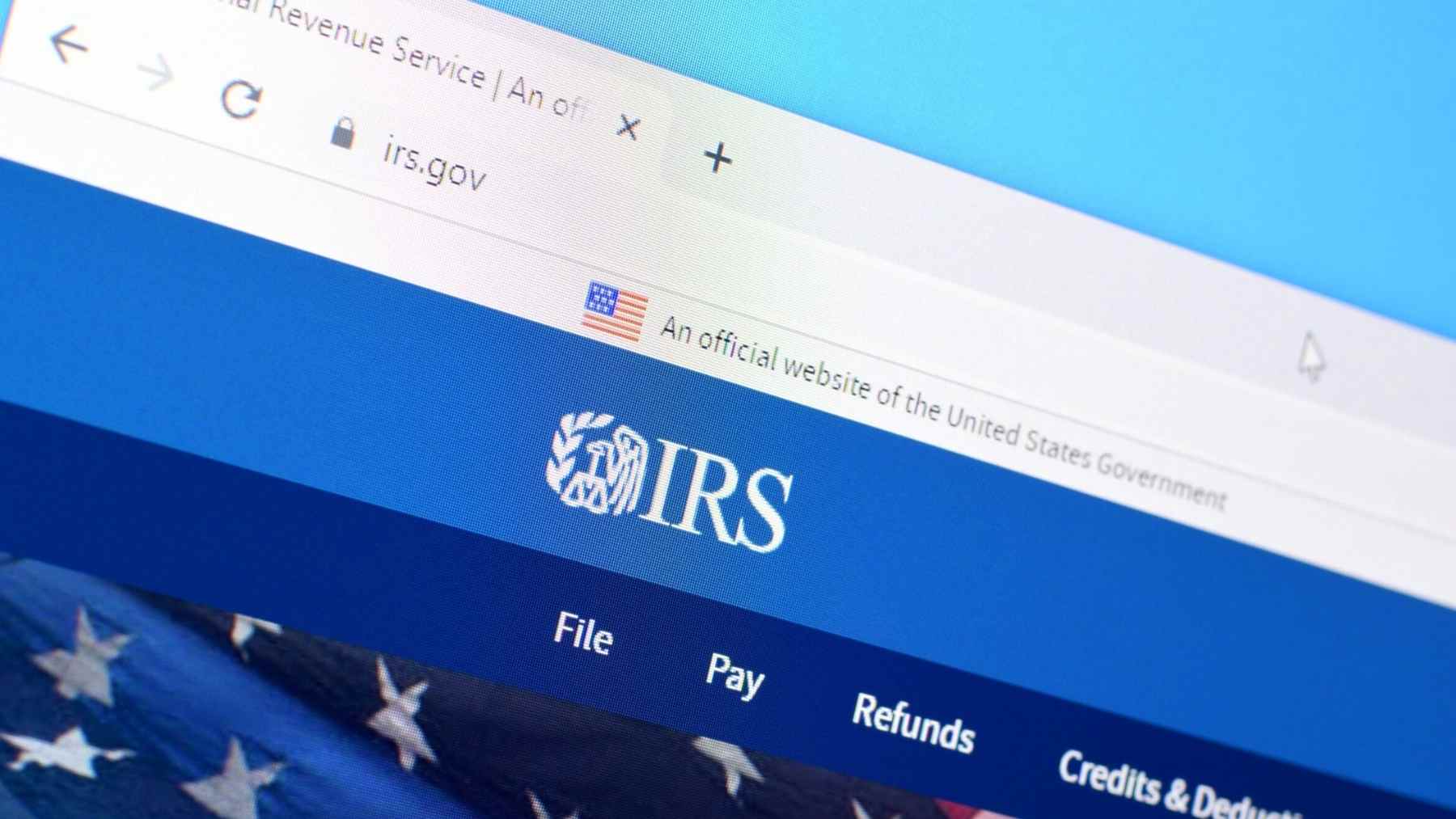Every month, the Social Security Administration distributed millions of payments to its approximately 70 million beneficiaries. The Administration organizes the benefit distribution in a staggered way throughout the month; with your payment date dependent on a variety of factors, including which Social Security fund you receive benefits from, your birthdate, and when you first claimed your benefits. While the end of this month means there will be no payment for beneficiaries, you can expect benefits to be released again at this time.
How does the Social Security Administration arrange its payments?
The general payment schedule the Social Security Administration adheres to is as follows:
- The second Wednesday of the month: Birth dates between the first and the 10th of the month.
- The third Wednesday of the month: Birth dates between the 11th and 20th of the month.
- The fourth Wednesday of the month: Birth dates between the 21st and 31st of the month.
This schedule is rigorously followed, with payment dates only deviating if the payment date falls on a holiday. This strictness is not only to ensure that a smooth and efficient payment distribution process is followed through on, but also in order to ensure that beneficiaries are able to efficiently plan their monthly expenses around an accurate and timely payment date.
However, the payment date rules change if you are a recipient of Supplementary Security Income (SSI) or claimed your benefits from the Social Security Administration before May 1997. If you only receive SSI, you are paid on the first of every month. If you receive both SSI and retirement benefits, you are paid on the third of each month. Additionally, those who claimed their benefits before May 1997 are also paid on the third of every month.
Why are there no more payments this month?
According to the Social Security payment schedule, the last payment date for this month was July 23 for beneficiaries who were born between the 21st and 31st of any given month. This means that the next payment date for beneficiaries will only be when the August payments begin on August 1, when SSI-only recipients are paid.
Adaptationally, next month will see SSI-only beneficiaries receive an extra payment on August 29. Beneficiaries must know that this is not a ‘bonus’ payment, but is actually their September benefits payment. The payment has been brought forward to the last working day in August instead of being paid out on the usual first of the month because September 1 is Labor Day.
What are the other payment dates for August?
For next month, the August payment dates will be as follows for those beneficiaries who don’t receive SSI or who did not claim their benefits before May 1997:
- August 13: Birth dates between the first and the 10th of the month.
- August 20: Birth dates between the 11th and 20th of the month.
- August 27: Birth dates between the 21st and 31st of the month.
Of these beneficiaries, some can expect to receive the maximum Social Security payment of $5,108. To qualify to receive this maximum payment, beneficiaries need to meet a number of eligibility criteria, including: Waiting to claim their benefits until 70 years old; having an income-earning history of at least 35 years; and achieving at least 40 working credits.
Most beneficiaries do not receive this maximum amount, with the average Social Security monthly retirement benefit amounting to approximately $2,000. Beneficiaries who do not receive the maximum Social Security payment may be wondering how they can increase their monthly payments. While payments are fixed once you claim your benefits, those who haven’t claimed their benefits yet can make use of a variety of strategies to maximize their benefits if you do not want to wait until 70 years old to claim your benefits.
Disclaimer: This content is informational only and does not supersede or replace the SSA’s or IRS’s own publications and notices. Always verify any specific dates and amounts by following the direct links in our article to SSA.gov or IRS.gov, or by consulting your local SSA field office or tax professional.














